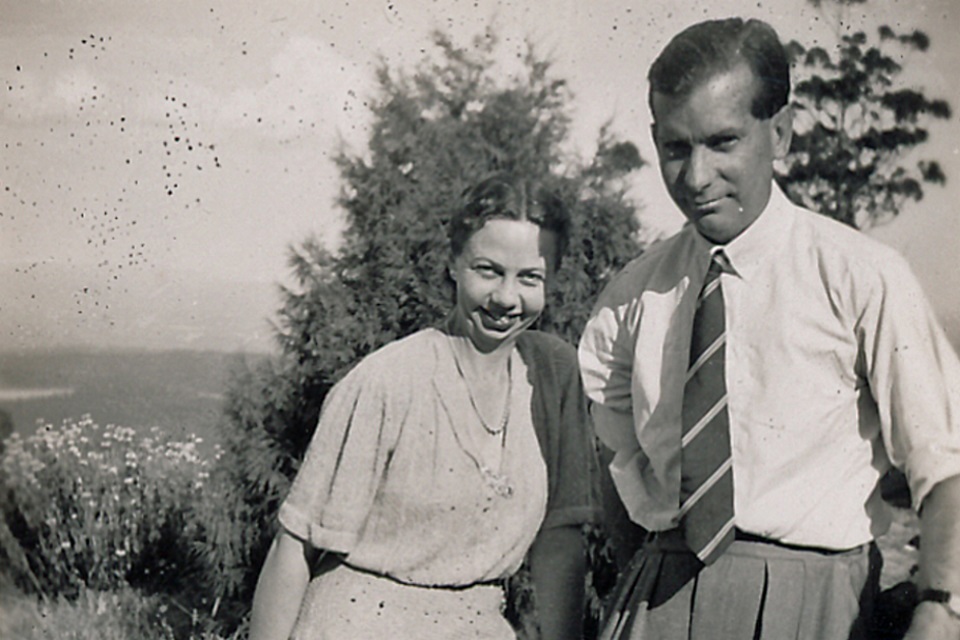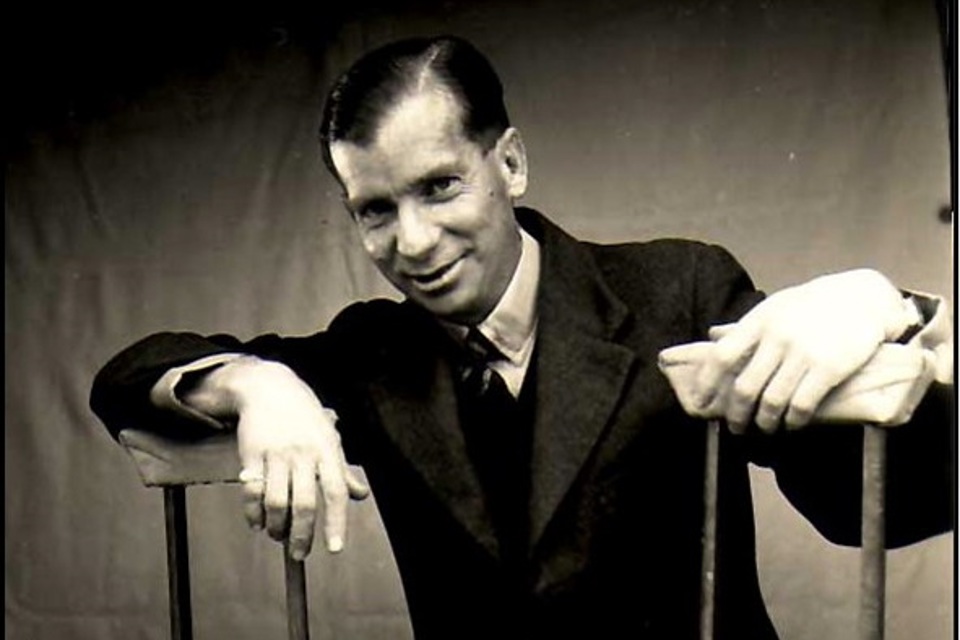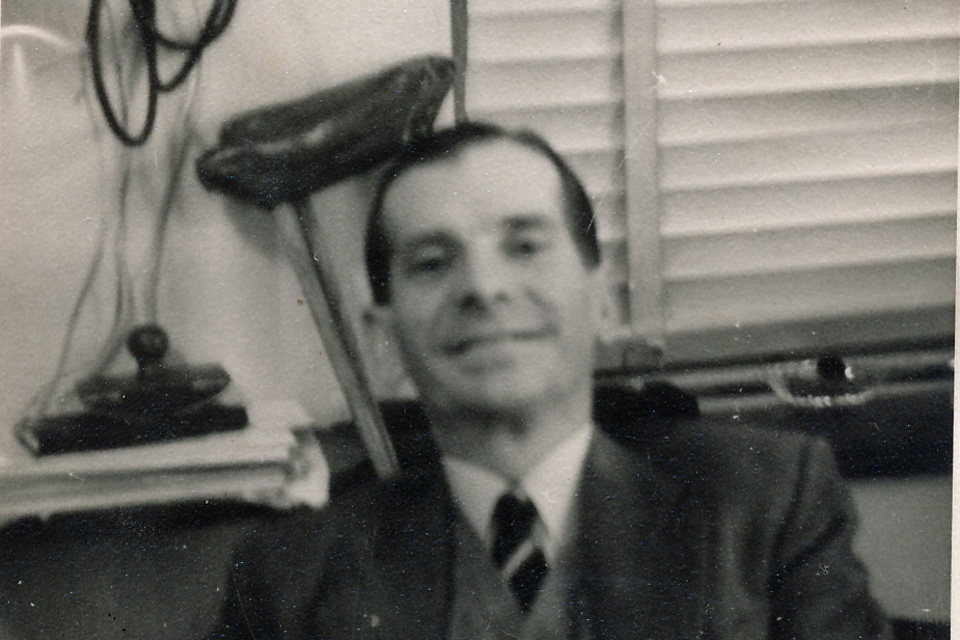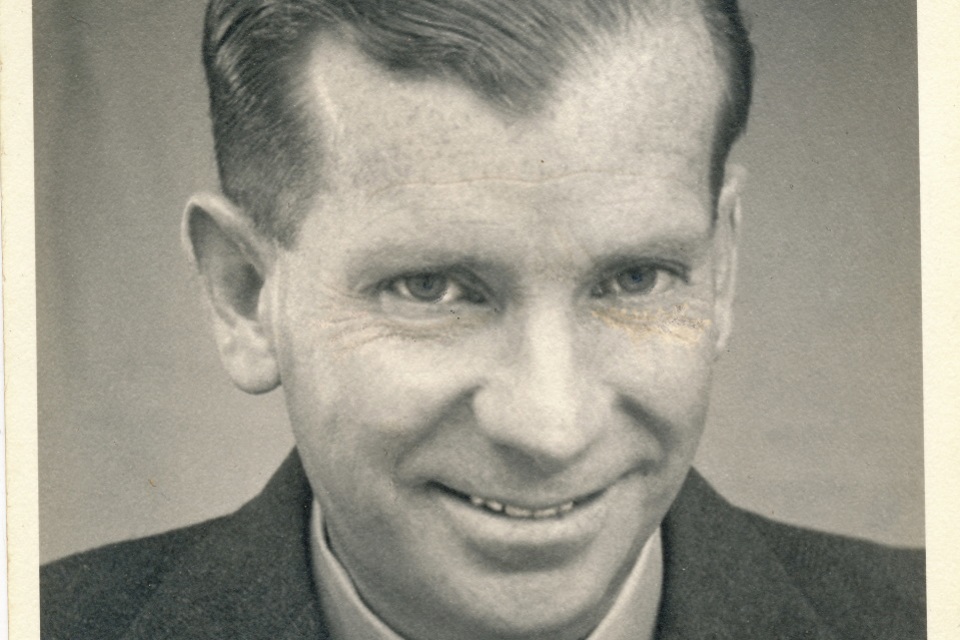A legacy to remember Dr Winton Murdoch
1 Jan 2023
Grants & awards
Catherine knew that her father needed to be remembered and recognised by her family and friends and the College.
Winton Murdoch’s (1910–1961) legacy lives on through the Alexander Wallace de Winton Murdoch Legacy, established by his daughter Catherine Kennedy.
The Alexander Wallace de Winton Murdoch Legacy will support forensic psychiatry and military and veterans’ mental health – helping to break new ground for psychiatry whilst honouring Dr Murdoch’s memory and achievements.
While she was only thirteen when he passed away, Ms Kennedy vividly recalls that at his funeral, the chapel was so full that people were spilling into the gardens and street. His life and career had been cut short, but his impact was profound. This was especially remarkable given some of the perceptions of psychiatry at the time.
Throughout her own career working in healthcare, the value of her father’s contributions to psychiatry became even clearer to Ms Kennedy, giving her the motivation to commemorate his life:
‘I believe it is important for today’s consultants to understand where it all started and how it evolved, and to know a little about the pioneers that made it all happen.’
With this, Ms Kennedy established The Alexander Wallace de Winton Murdoch Legacy, which will focus on two distinct sub-specialty areas: forensic psychiatry, and military and veterans’ mental health. She remembers that: ‘In his early days of being a consultant, Dad was an on-call psychiatrist to the police and prison services. As I recall, anyone 'nicked' was allowed to ask for psychiatric assessment. Hence my familiarity with the Victorian prison system.’
Ms Kennedy also recalls her family’s strong connection with military service in major global conflicts, and that her father was a commissioned officer in the Melbourne University Regiment, however he never saw service due to his disease that interrupted his medical degree by nine years.
Gifts like Ms Kennedy’s honour her father’s memory and achievements, while helping to break new ground for psychiatry. By establishing bequests, we can preserve our history while transforming the future of mental health. The RANZCP Foundation is deeply grateful to Ms Kennedy for choosing to establish this future legacy.
About Alexander Wallace de Winton Murdoch
14 May 1910 – 29 April 1961
Alexander Wallace de Winton Murdoch was born in Kalgoorlie, the only child of Myra Alice Murdoch and Henry Murdoch. The family moved to Melbourne in 1921 where Winton continued his education at Haileybury College, Camberwell Grammar School, and from 1924, Melbourne Grammar School.
Leaving school in 1927, he obtained a position with Commonwealth Fertilizers & Chemicals Ltd but was appalled by the monotony and what he regarded as the uselessness of clerical work. He enrolled as a medical student at the University of Melbourne in 1932. He also joined the Melbourne University Regiment, gaining his commission in 1934. The following year he sustained a serious knee injury whilst playing hockey for the University, causing a break of nearly a year from his studies.
He resumed and passed pathology, but after completion of that fourth year, Winton was diagnosed with ankylosing spondylitis. The disease affected virtually every joint in his body, and condemned him to nine pain-filled years in hospital. At first his hospitalisation was in the dry warmth of Mildura, and then later in Sydney where he underwent radiotherapy in an attempt to slow the progress of the disease. It was during these years that he realised he had to plan for a life on crutches. His orthopaedic surgeon offered him the choice of being a ‘straight man’ or a ‘bent man’. Fortiter et recte, he chose the former. Although he was often in pain, the courage he displayed then and for the rest of his life became evident to those who knew him. Ever cheerful and full of humour, fun, and loving a game of poker, he was never known to bemoan his fate or complain of his illness.
By 1946 the disease had burnt itself out leaving the former first-class tennis player and athlete rigidly immobilised from head to foot. Fortunately, his arms and hands were spared.
Winton returned to Melbourne in 1946, and married his childhood sweetheart, Enid. Their daughter Catherine was born in 1947.
1947 also saw Winton resuming his final year of medical school. He stood erect on his crutches through clinics and lectures writing his notes on a stool placed on the top of his desk. In later years, Winton would joke about his endeavours to keep up with the physical progression of ward round, or a visit to a special hospital. His good humour and lack of bitterness were a source of delight and wonder to all who knew him.
Following his graduation in 1948, Winton was appointed as a Medical Advisor to the Sigma Company and ‘dabbled’ in General Practice. With encouragement of others including the eminent Dr Ainslie Meares, who was to become his mentor, Winton found his professional niche in the newly emerging speciality of psychiatry. His first appointment was as a clinical assistant at the Royal Melbourne Hospital. In 1950, he commenced in private practice. Two years later he was appointed as an Honorary Medical Officer at the Alfred Hospital, and in 1955 he was appointed as a Specialist Psychiatrist to the Repatriation Department.
His innate wisdom and common sense, his shrewd judgement of people and their problems, and his avid reading of a wide field of psychiatric literature served to underscore the appropriateness of his career choice. After early struggles with the sceptics of psychiatry, he eventually gained a reputation both among the many general practitioners who referred patients to him, and among his peers. Winton was recognised as having the qualities that make a first class consultant – sympathy, understanding, and knowledge of diagnostic pitfalls coupled with a tolerance and humility that come only from awareness and the ability to help people overcome their problems. In this, his own victory over disability was an inspiration to his patients, and colleagues alike.
In 1959 Winton and Enid travelled to the United Kingdom where Winton visited the leading psychiatric hospitals and did some postgraduate work. Unfortunately, it was during this trip he developed angina and his condition worsened upon return to Australia. However, his courage, humour and love of his work remained until the end. Incredibly he worked until the day before his death, and would have been seeing patients on his final day, had it not been a Saturday. He died aged 50, a ‘straight man’ to the end.
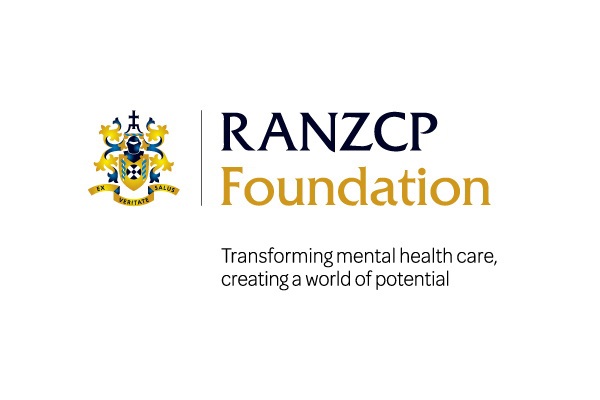
More news & views
The shift in the public discourse is clear: ADHD is now a mainstream health policy issue, and the me...
We’re proud to acknowledge the incredible achievements of RANZCP Fellows who have been recognised in...
 21 January 2026
21 January 2026
The RANZCP Rural Psychiatry Training Pathways team (RPTP) is proud to announce the appointment of Ru...
